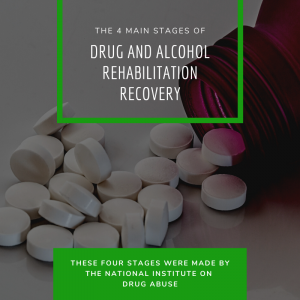Oh yes! Every situation and hardship has a solution, and there are always people ready to come to your aid. Addiction can leave you feeling lonely and at a loss for a way out of the predicament you find yourself in. You may even assume that no one cares, especially when your loved ones turn their backs on you. However, the last thing you should do is give up. Instead, ask, where to turn to for help?
Asking for help shows you are acknowledging your addiction. Most recovering addicts will tell you that accepting your condition and situation is the first step to recovery.

Why seek professional help?
Chances of failure are higher when you choose recovery without help. You need more than a strong will to overcome the urge to use drugs or alcohol.
The addiction recovery journey is tough. You will have some good and bad days. Instead of being judged when you stumble, you will need encouragement to rise again. A professional has the experience and expertise to offer you the guidance you need.
Someone with the right training will also ensure you are safe during detox. Withdrawal symptoms can be overwhelming, and you need the right care to overcome them.
Recovering addicts also need specialized care depending on the type of addiction and duration of addiction.
Only a professional will identify the best approach for you to transition from an addict to a recovering addict safely.
Where to get help
Several places help addicts overcome substance abuse.
1. Rehabilitation centres
Rehabilitation centres are available in various locations, possibly including your locality. Find out if there are good drug rehabilitation centres close to you.
Some rehab centres offer outpatient services, while others focus entirely on inpatient services.
Most counsellors recommend inpatient services for a more successful detox treatment.
2. Dedicated support groups
Sometimes, the best support for an addict comes from recovering addicts. Find an addiction support group where you will interact with people who have gone through what you are facing. Hearing from others some of the challenges they faced during recovery will help you see that you are not alone.
You will also know what to expect during your recovery journey. For example, when going through the phase of guilt and justification, where you are likely to deny, minimize or compare your addiction to other vices, such as pollution, you will work towards overcoming these thoughts.
Without such support groups, you may spend too much time clinging to thoughts that will slow your recovery.
3. Visit a therapist
Addiction is as much a physical and psychological problem. For you to overcome the physical challenges, your mind needs to be in the right place. A therapist will help you realize the reasons behind your addiction.
For example, some people indulge in substance abuse due to depression. When you discover the root cause of the addiction, you will be more inclined to follow the addiction recovery program.
Addiction recovery is a lifetime commitment. This is why even those who have not indulged in substance abuse for decades still refer to themselves as recovering addicts. You can also experience years of successful recovery when you seek help.


